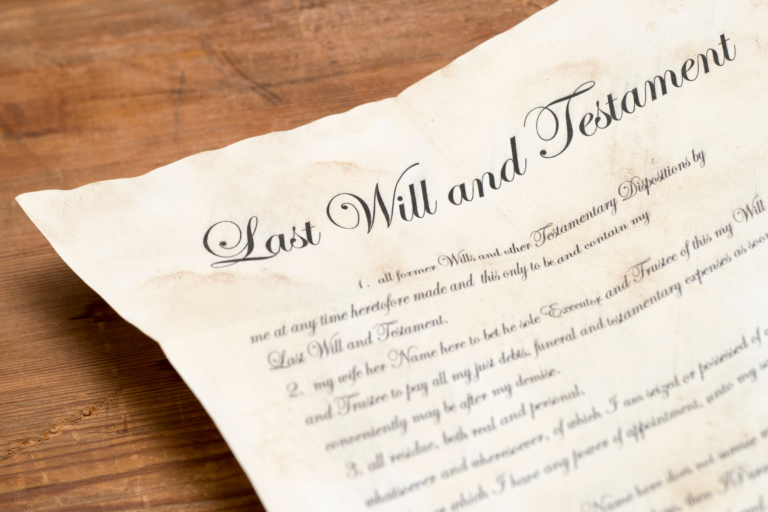Depending on the size and complexity of a deceased person’s estate, probate may result in a lengthy process. Can personal possessions be distributed before probate administration is over in Florida? Read on to find out.
Can Personal Possessions be Distributed Before Probate in Florida? – Feasible Solutions
In most cases, the estate must go through probate before the heirs and beneficiaries can claim their fair share of the decedent’s assets and money. Florida law provides exceptions in specific situations that allow assets to be distributed before probate.
Not All Assets Go Through Probate
Florida Statutes §732.402 (1) provides that “if a decedent was domiciled in this state at the time of death, the surviving spouse, or, if there is no surviving spouse, the children of the decedent shall have the right to a share of the estate of the decedent as provided in this section, to be designated “exempt property.”
Under Florida Statutes §732.402 (2), examples of exempt property include personal possessions such as:
- “Household furniture, furnishings, and appliances in the decedent’s usual place of abode up to a net value of $20,000 as of the date of death
- Two motor vehicles (as provided by law), which do not, individually as to either such motor vehicle, have a gross vehicle weight in excess of 15,000 pounds, held in the decedent’s name and regularly used by the decedent or members of the decedent’s immediate family as their personal motor vehicles”
Additionally, assets with designated beneficiaries are subject to probate, such as personal possessions held in a trust, payable-on-death (POD) accounts, and transfer-on-death (TOD) accounts.
Transferring Tangible Property through a Will
It is possible to transfer tangible property through a will through separate writing identifying the items.
As provided by Florida Statutes §732.515, “a written statement or list referred to in the decedent’s will shall dispose of items of tangible personal property, other than property used in trade or business, not otherwise specifically disposed of by the will.”
The same statute adds that “to be admissible under this section as evidence of the intended disposition, the writing must be signed by the testator and must describe the items and the devisees with reasonable certainty.”
The person writing the will can add the writing before or after the execution of the will. It is possible to amend or modify the writing, if necessary. Please note that this writing is not included or attached to the will.
Similar to a codicil, this writing must be properly signed and dated to be valid. Working with an expert attorney is crucial to guarantee the document’s accurate language and specify which items should be inherited as tangible property.
Interim Distribution of Property
In certain cases, Florida law permits the personal administrative to perform an interim distribution of assets before an estate administration is not complete.
Florida Statutes §733.612 (26) expressly state that a personal representative can “make partial distribution to the beneficiaries of any part of the estate not necessary to satisfy claims, expenses of administration, taxes, family allowance, exempt property, and an elective share, in accordance with the decedent’s will or as authorized by operation of law.”
Distributing Property Before Probate – Consult with Your Florida Probate Lawyer Today
Immediately contact Attorneys Romy B. Jurado and Diana C. Collazos by calling (305) 921-0976 or emailing [email protected] for an individual assessment.






